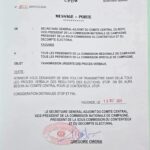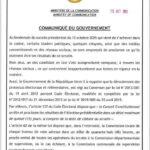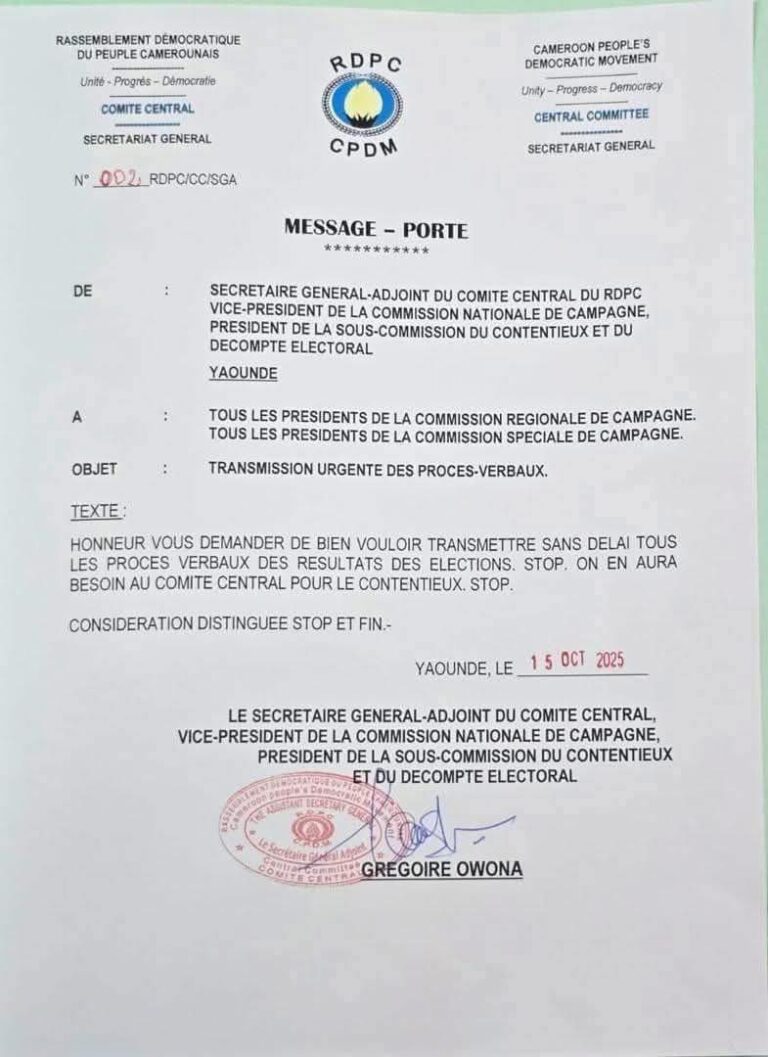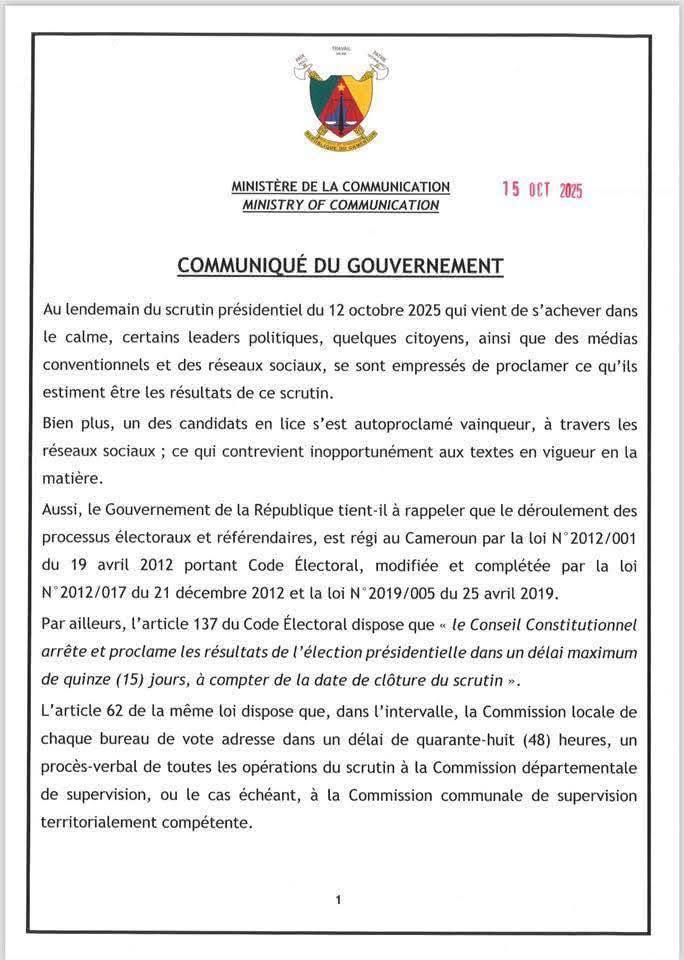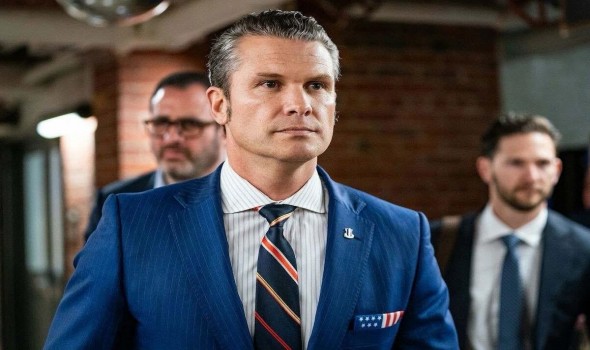
Summary:
- Martina Johnson, a former rebel commander, is expected to face trial in Belgium for alleged war crimes and crimes against humanity during Liberia’s first civil war.
- The Belgian “Chambre du Conseil” closed its decade-long investigation in September, finding there was sufficient evidence to refer the case to trial. Judges will now decide if a trial will be held.
- Johnson is named among Liberia’s “most notorious perpetrators” in the 2009 Truth and Reconciliation report, implicated for atrocities committed during Operation Octopus – the brutal siege of Monrovia in 1992.
By Anthony Stephens, senior justice correspondent with New Narratives
Martina Johnson, one of the most powerful commanders of Charles Taylor’s National Patriotic Front for Liberia (NPFL) rebel group, is expected to go on trial in Belgium next year for atrocities allegedly committed during Liberia’s first civil war.
A court is considering evidence gathered during a 13-year investigation into allegations she oversaw Operation Octopus, a four-month operation in 1992 during which rebels, including child soldiers, besieged the capital Monrovia. Belgian prosecutors accused Johnson of participating directly in mutilation and mass killings.
In a text message, Hassan Bility, director of Global Justice and Research Project, which helped gather evidence in the case, described the potential trial as “a relief,” noting that a conviction would bring solace to the victims of Johnson’s alleged crimes, “who fell prey to the humiliating and outrageous crimes attributed to her.”
“People committing war crimes will not get away with it. She’s just one of many,” said John Stewart, a TRC commissioner and survivor of the Octopus siege. “There’s a whole list of those who are to be tried.”

The Belgian judicial probes into alleged war crimes by Johnson have been painfully slow. Eleven years after she was arrested in Belgium, and 13 years after the investigation began, a court in the city of Ghent formally closed the investigation in September and found that the investigators discovered sufficient evidence to refer the case to trial. The parties now await a hearing before the judges of the “Chambre des Mises en Accusation” (part of the Appeal court) and a decision on whether to send the case to trial.
Lawyers for victims and Johnson have been critical of the slow pace of the investigation – during which time three other cases have gone from investigation to conviction in European countries. Alain Werner, director of Swiss NGO Civitas Maxima which investigated Martina Johnson’s alleged crimes in 2011, told a reporter in 2020 that a key witness had already died and he feared others would also die.
Johnson’s lawyer, Jean Flamme, said witnesses he wanted to interview were also dead. He has repeatedly petitioned to have the case dismissed or for the file to be closed, citing erosion of evidence and procedural unfairness. Meanwhile, Johnson, now 55, has been subject to strict rules of house arrest and is suffering from a serious liver disease.

Johnson is listed among “most notorious perpetrators” in Liberia’s 2009 Truth and Reconciliation Commission final report. She is accused of having served as a commander in Taylor’s rebel army that sparked Liberia’s first civil war between 1989 and 1996. The rebels launched an assault on Monrovia on October, 1992, known as Operation Octopus, which claimed the lives of hundreds of civilians and members of foreign humanitarian organizations. Johnson is suspected of having herself killed, tortured and maimed several people at a military checkpoint at the Dry Rice Market on the edge of the city.

The NPFL committed 63,843—or 41 percent—of all crimes reported to the commission. News of the closure of the investigation comes on the eve of the 33rd anniversary of the mass killings.
Johnson is being investigated for crimes under the principle of universal jurisdiction, which Belgum’s Parliament passed into law in 1993. The laws allow for the trial of “international crimes”—such as genocide, war crimes, or crimes against humanity—regardless of where or when they occurred. She would be the first woman among the seven people who have faced trial for crimes committed in Liberia in the United States and Europe. Her case will come as Liberia moves into the next stages of setting up its own war and economics crimes court to try international crimes committed during the 14 years of conflict.
This story is a collaboration with New Narratives as part of the West Africa Justice Reporting Project. Funding was provided by the Swedish Embassy in Liberia which had no say in the story’s content.

